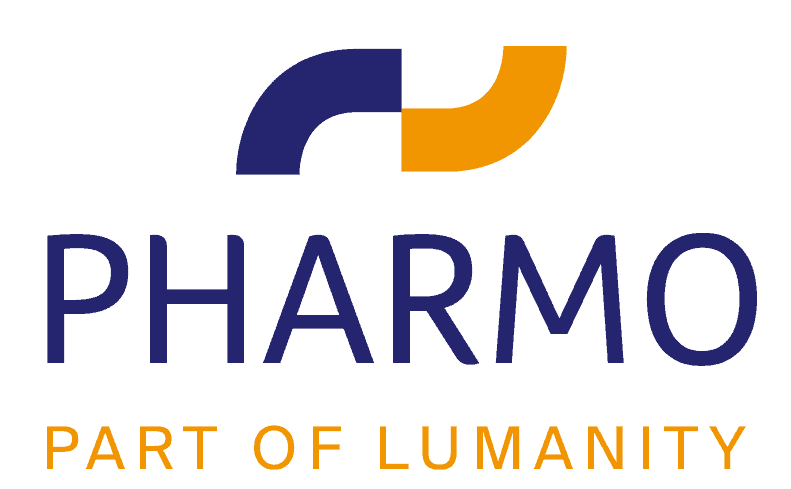Anticoagulant treatment after VTE in the Netherlands: A retrospective cohort study
Background: The aim of the study was to describe initial anticoagulant treatment after venous thromboembolism (VTE) and relate this to the underlying risk factors, guidelines and recurrence rates.
Methods: From the PHARMO Database Network, patients with deep venous thrombosis (DVT) or pulmonary embolism (PE) in 2007-2011 were identified for whom GP records and out-patient pharmacy dispensing data was available. Cancer, other risk factors and duration of low-molecular-weight heparin (LMWH) and/or vitamin K antagonists (VKA) within 90 days of diagnosis and recurrence of VTE were assessed.
Results: The study cohort included 1,581 VTE patients: 1,053 with DVT and 528 with PE. For 70-86% of the VTE patients, anticoagulant dispensing was observed within 90 days. The median duration of the period covered by anticoagulant dispensings among patients for whom both LMWH and VKA dispensings were observed was 3.5 months among patients with provoked VTE and 3.7 months among patients with unprovoked VTE. In these cohorts the observed median duration of (initial) LMWH treatment was 0.4 months (about 12 days) for patients who also received VKA. Recurrent VTE occurred in general after discontinuation of anticoagulant treatment. Longer treatment durations were observed among patients without recurrence.
Conclusions: Treatment after VTE as captured in observational healthcare data generally follows the Dutch guidelines. However, many patients received LMWH dispensing covering periods longer than the recommended 5-10 days. Furthermore, among patients with a VTE recurrence shorter duration of anticoagulant treatment was observed compared to patients without a recurrence.
In order to obtain a copy of this article, please click here
Learn more about all PHARMO publications? Please click here
